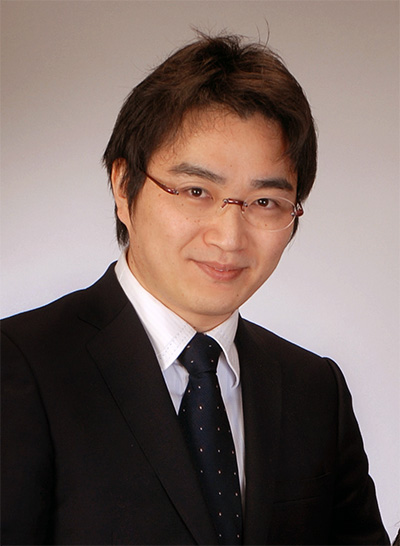Entrepreneurial Support Program(Explore Course)

- Principal Investigator
-
Institute of Science Tokyo
Takashi Shichita
- Adopted Theme
Achieving sustainable neural repair toward complete brain functional recovery
- Subject of Research
- Achieving sustainable neural repair toward complete brain functional recovery
- GTIE VC Collective
Fast Track Initiative, Inc.
- Overview
Stroke is the leading cause of death and disability all over the world. The number of patients with stroke has now reached 17 million worldwide and is expected to increase further as the global population rapidly ages. The neurological deficits caused by stroke greatly hinder the ability to perform daily life activities, shortening the healthy life expectancy and causing chronic inflation in medical expenditures. It is urgently necessary that we develop therapeutic agents that can improve the neurological dysfunction of stroke patients; however, most of the drugs developed so far failed to improve neurological dysfunction.
It was long believed that neural tissue did not regenerate, but stroke patients could regain neurological function through rehabilitation. Most spontaneous stroke recovery from neurological deficits occurs during the first three to six months after stroke onset and is related to intrinsic brain plasticity. Since a significant number of patients are still suffering from neurological sequelae during this period, spontaneous brain recovery is generally terminated as incomplete. We have clarified molecular mechanisms terminating spontaneous brain recovery and developed therapeutics to prevent the termination of neural repair. We will sustain and accelerate spontaneous brain recovery until “complete recovery” from brain dysfunction is achieved. This would be a revolutionary paradigm shift in biological and medical science.
- Business Models(when applying)
In order to enhance the efficacy and reduce the toxicity of antisense oligonucleotides that sustain functional recovery in patients with damaged brain tissue, we will establish a startup company by optimizing the nucleic acid sequence and chemical modifications and conducting preclinical trials. If the drug is licensed to a pharmaceutical or biotechnology-related company at the time of the Investigational New Drug (IND) application or before or after the results of initial clinical trials are obtained, the company expects to receive an upfront contract fee, joint development fees, milestone payments, and royalties.
- Activity Planning(when applying)
Our research plan is to optimize the sequence, modification, and manufacturing process of antisense oligonucleotides, which have shown promise in sustaining functional recovery. We aim to develop this technology as the foundation for a business by conducting preclinical trials. With the support of Venture Capital and a business promotion organization, our company is poised to accelerate drug discovery research toward preclinical trials. We also plan to refine our business plans, business development, and intellectual property strategies to establish a startup. Unlike current medical treatments, which are unable to restore function after brain damage using pharmaceuticals, our goal is to pioneer next-generation medical treatments. We refuse to give up on the hope of recovering brain function and are committed to enabling complete recovery through sustained brain function recovery. This research has the potential to transform the landscape of stroke treatment, offering a new ray of hope to patients and their families.